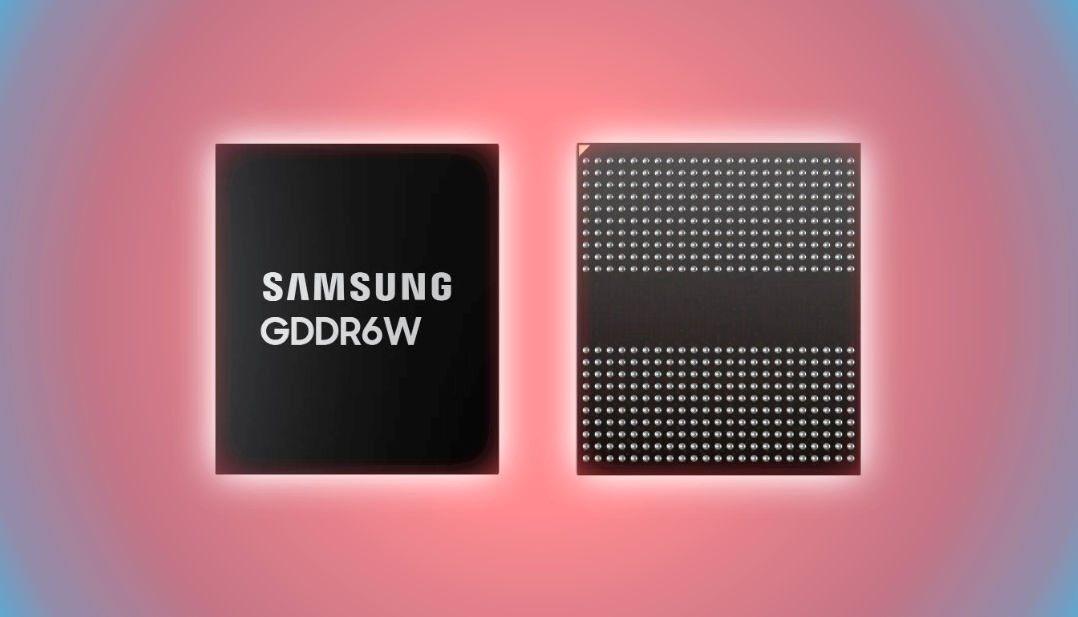Soldato
- Joined
- 28 Sep 2014
- Posts
- 3,764
- Location
- Scotland

SAMSUNG develops GDDR6W memory with doubled capacity and performance - VideoCardz.com
A Bridge Between Worlds: How Samsung’s GDDR6W Creates Immersive Metaverse Experiences with Powerful Graphics Memory As advanced graphics and display technologies develop, they are blurring the lines between metaverse and our everyday experience. Much of this important shift is being made...
Samsung new GDDR6W high bandwidth memory finally has an answer to AMD/Micron failed High Bandwidth Memory standard, their HBM, HBM2, HBM2E and HBM3 memory chips used too many I/O and required interposer, it was really very expensive to manufactured, unfortunately it cannot be mass produced and also their HBM memory cannot overclocked.
We could see GDDR6W in next generation laptops, PCs, AI, HPC, Nvidia Blackwell RTX 5000 series GPUs and PlayStation 6/Xbox/Switch consoles.
GDDR6W with 512 I/O overclocked to 26Gbps will have same 1.6TB/s bandwidth as HBM2E with 4096 I/O.
Next generation GDDR7W should has same bandwidth as HBM3.




